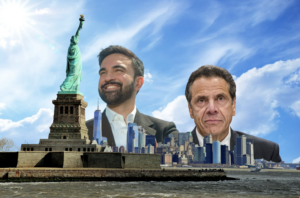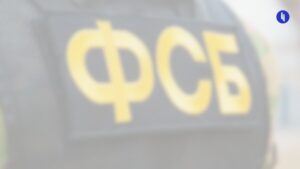Antony Blinken’s shrug felt audible. After the third protestor emerged from his seat in the audience, accusing the outgoing secretary of state of facilitating genocide in Gaza, the top US diplomat returned to his Tuesday scripted remarks: “Is it hard?”, he continued. “Yes. Is it impossible? No.”
The mood in the audience was tense. The protestor had reached down, pulling a cloth placard out of his trousers as Secret Service, unsure what he was aiming to unveil, rushed him away, spinning him towards the door.
Antony Blinken used his speech to focus on a plan for post-war Gaza, one that’s led by the Palestinian Authority, in close cooperation with the UN, and protected by an interim security mission made up of partner nation security forces and local personnel.
Stay on top of your world from inside your inbox.
Subscribe for free today and receive way much more insights.
Trusted by 129,000+ subscribers
No spam. No noise. Unsubscribe any time.
But Blinken isn’t the only Biden official on a goodbye tour. National Security Advisor Jake Sullivan kicked the speeches off Monday morning, addressing the White House Press Corps for what was, pending any national security crises before Trump’s Monday inauguration, the last time.
As reports of a breakthrough in Israel-Hamas talks emerged over the weekend, Sullivan reminded journalists on Monday that the deal the parties were working on was based on the framework Biden had first put forward last June. The outgoing advisor said that Trump’s Middle East envoy, Steve Witkoff, had worked with Biden’s Brett McGurk, saying the efforts were “very closely coordinated.”
Then on Monday afternoon, Biden himself was motorcading across town to Foggy Bottom where, sans protestors, he argued to America’s diplomats that he’d made the US and its alliances stronger, while weakening its adversaries and competitors.
The 46th president also defended his decision to withdraw American troops from Afghanistan, perhaps Biden’s most controversial foreign policy move given the resulting deaths of 13 service members.
Will Biden’s bookend foreign policy speech sway his legacy? That’ll soon be a question for history.
But then come Tuesday afternoon at the US Institute of Peace, Trump 2.0’s incoming national security advisor Mike Waltz managed to find some common ground with his predecessor, commending the administration’s work in the Pacific and giving credit on the “trilateral dialogue between South Korea, the United States and Japan, and then also between the United States, Japan and the Philippines.”
So as Biden’s team seeks to have the last word, it’s Trump’s team who’ll soon have to live up to campaign promises. But according to Waltz, Donald Trump has “already stepped on the gas.”









